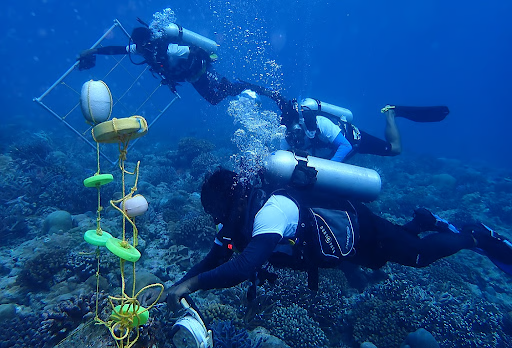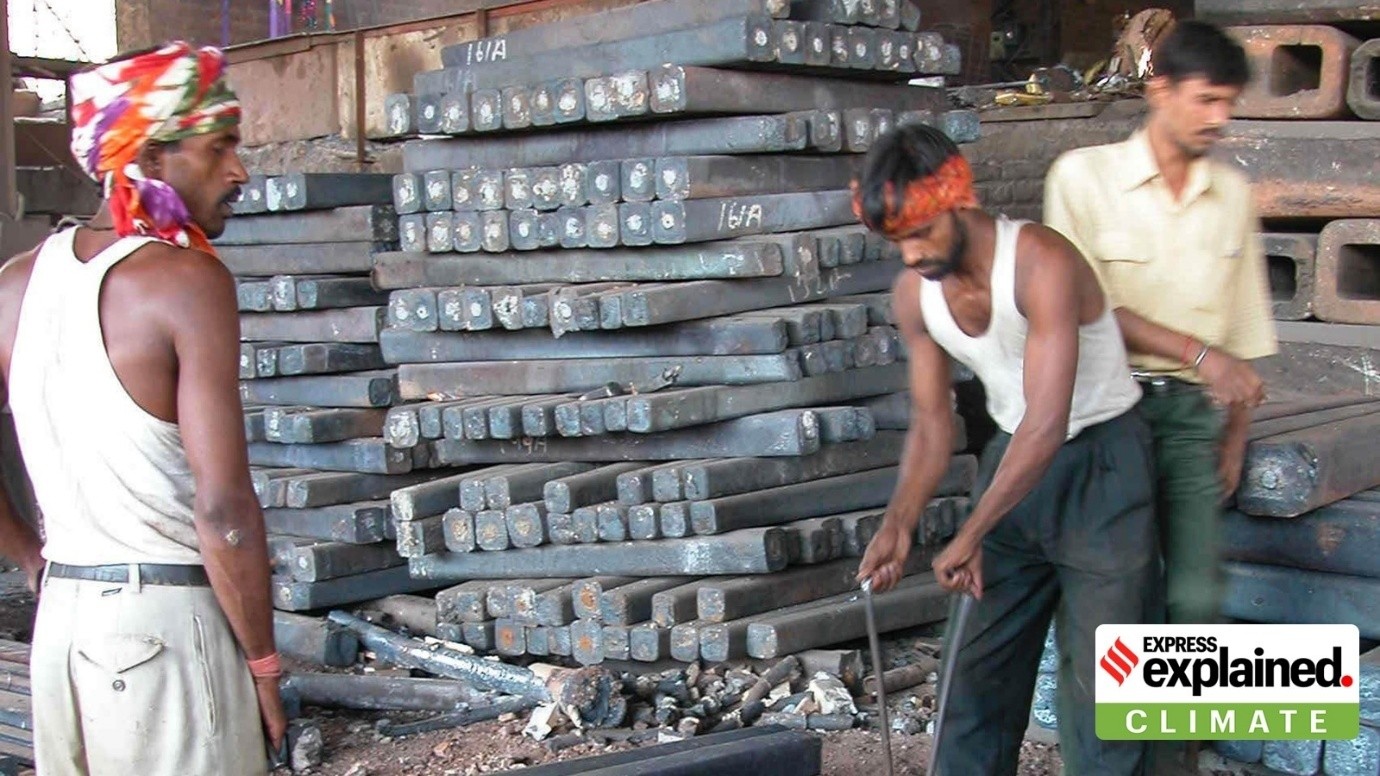




Disclaimer: Copyright infringement not intended.
The United Nations Convention to Combat Desertification (UNCCD) will convene in Riyadh, Saudi Arabia.
UNCCD |
Established during the 1992 Earth Summit alongside UNFCCC and CBD. Focuses on achieving land degradation neutrality and carbon neutrality. Read about UNCCD: https://www.iasgyan.in/daily-current-affairs/united-nations-convention-to-combat-desertification-unccd |
COP16 Overview |
Marks the 30th anniversary of the UNCCD. Theme: Our Land and Our Future. It is the Largest UN land conference to date. |
Dual Approach |
Negotiation Track: Focuses on COP decisions and political declarations to enhance global land and drought resilience. Action Agenda: Voluntary commitments and actions on land, resilience, and community benefit. |
Desertification and Drought |
Droughts have increased by 29% since 2000 due to erratic rainfall and unsustainable land management. 3.2 billion people are impacted by desertification; land degradation has caused losses worth $11 trillion. Forced migration due to desertification and drought: Over 216 million people at risk of displacement by 2050 (World Migration Report 2024). Rainfall deficiency and groundwater decline have disrupted irrigation, driving migration. 1.5 billion hectares of land restoration needed by 2030 for a land-degradation-neutral world. |
Key Goals of COP16 |
Accelerate land restoration by 2030 and beyond. Boost resilience to droughts, dust, and sand storms. Restore soil health and promote land rights and job creation. Unlock economic opportunities through land conservation initiatives. |
Riyadh Action Agenda |
Expected to be the primary outcome of COP16. Includes announcements, multi-stakeholder dialogues, and initiative launches around thematic days. Aims to scale up global land conservation, restoration, and drought resilience efforts. Promotes collective action by non-state actors and multi-sector partnerships. |
The United Nations Framework Convention on Climate Change (UNFCCC) is the UN process for negotiating an agreement to limit dangerous climate change.
It is an international treaty among countries to combat "dangerous human interference with the climate system". The main way to do this is limiting the increase in greenhouse gases in the atmosphere.
It was signed in 1992 by 154 states at the United Nations Conference on Environment and Development (UNCED), informally known as the Earth Summit, held in Rio de Janeiro. The treaty entered into force on 21 March 1994. "UNFCCC" is also the name of the Secretariat charged with supporting the operation of the convention, with offices on the UN Campus in Bonn, Germany.
The Convention on Biological Diversity (CBD), known informally as the Biodiversity Convention, is a multilateral treaty.
The Convention has three main goals: the conservation of biological diversity (or biodiversity); the sustainable use of its components; and the fair and equitable sharing of benefits arising from genetic resources.
Its objective is to develop national strategies for the conservation and sustainable use of biological diversity, and it is often seen as the key document regarding sustainable development.
The Convention was opened for signature at the Earth Summit in Rio de Janeiro on 5 June 1992 and entered into force on 29 December 1993. The United States is the only UN member state which has not ratified the Convention. It has two supplementary agreements, the Cartagena Protocol and Nagoya Protocol.
Source:

|
PRACTICE QUESTION Q.Desertification and drought are two of the most significant environmental challenges facing several regions across the world. Discuss the causes and measures to combat these phenomena in the context of India. (150 words) |






© 2026 iasgyan. All right reserved